
Nepal and India Ink Four Game-Changing Agreements
Nepal and India have solidified their commitment to strengthen bilateral ties with the signing of four crucial agreements and Memoranda of Understanding (MoUs) during the 7th meeting of the joint commission. The highlight of these accords is a visionary pact aimed at exporting a staggering 10,000 megawatts of electricity from Nepal to India within the next decade.
The groundbreaking agreement, signed by Gopal Sigdel, Secretary for the Ministry of Energy, Water Resources and Irrigation of Nepal, and Pankaj Agarwal, Indian Energy Secretary, outlines an ambitious plan for a decade-long collaboration in the energy sector. This marks a significant step towards realizing India’s formalized commitment made on September 5th of the previous year, emphasizing its intent to purchase 10,000 megawatts of electricity from Nepal over the next ten years through a long-term inter-government power trade agreement.
Indian Prime Minister Narendra Modi, during a joint press meet with his Nepali counterpart Pushpa Kamal Dahal, had previously announced this monumental commitment, stating, “Under this agreement, we have set a target of importing 10,000 MW electricity from Nepal in the coming 10 years.” The signing of the MoU at the Yak and Yeti Hotel in Kathmandu is a tangible step forward in realizing this ambitious energy partnership.
In addition to the groundbreaking energy agreement, the nations also formalized an INR 10 billion financial aid package from India to aid in the reconstruction of earthquake-affected regions in Jajarkot and Rukum West, demonstrating solidarity and support in times of crisis.
Furthermore, the collaboration extends beyond Earth’s atmosphere, as an agreement for the manual launch of Nepali satellites was inked between the Nepal Academy of Science and Technology and NewSpace India Limited under the Indian Space Research Organisation. This foray into space cooperation symbolizes a new frontier in the nations’ technological collaboration.
Another crucial development is the Memorandum of Understanding signed for cooperation in renewable energy between the Nepal Electricity Authority and National Thermal Power Corporation (NTPC) Limited of India. This paves the way for joint efforts in harnessing sustainable and eco-friendly energy sources.
To fortify the energy collaboration, the two nations jointly inaugurated three cross-border transmission lines, fostering infrastructural connectivity and ensuring efficient power transmission.
However, not all voices are in harmony with these agreements. A group of rights activists and former bureaucrats have criticized the energy deal, terming it problematic. In a joint statement, signatories including former CIAA Chief Commissioner Surya Nath Upadhyay, former NHRC Commissioner Sushil Pyakurel, senior journalist Kanak Mani Dixit, Dr. Renu Adhikari, and Hira Bishwokarma expressed concerns about the potential impact on Nepal’s flexibility regarding its water resources, emphasizing the need for wide national discussion and parliamentary oversight on such critical decisions.
Additionally, the signatories voiced their disapproval of what they perceived as a lack of transparency in reaching agreements, claiming that the agreements might weaken Nepal’s independent and sovereign agency on bilateral matters.
As these historic agreements unfold, they bear testament to the evolving dynamics between Nepal and India, both in addressing shared challenges and leveraging mutual opportunities for growth and cooperation.
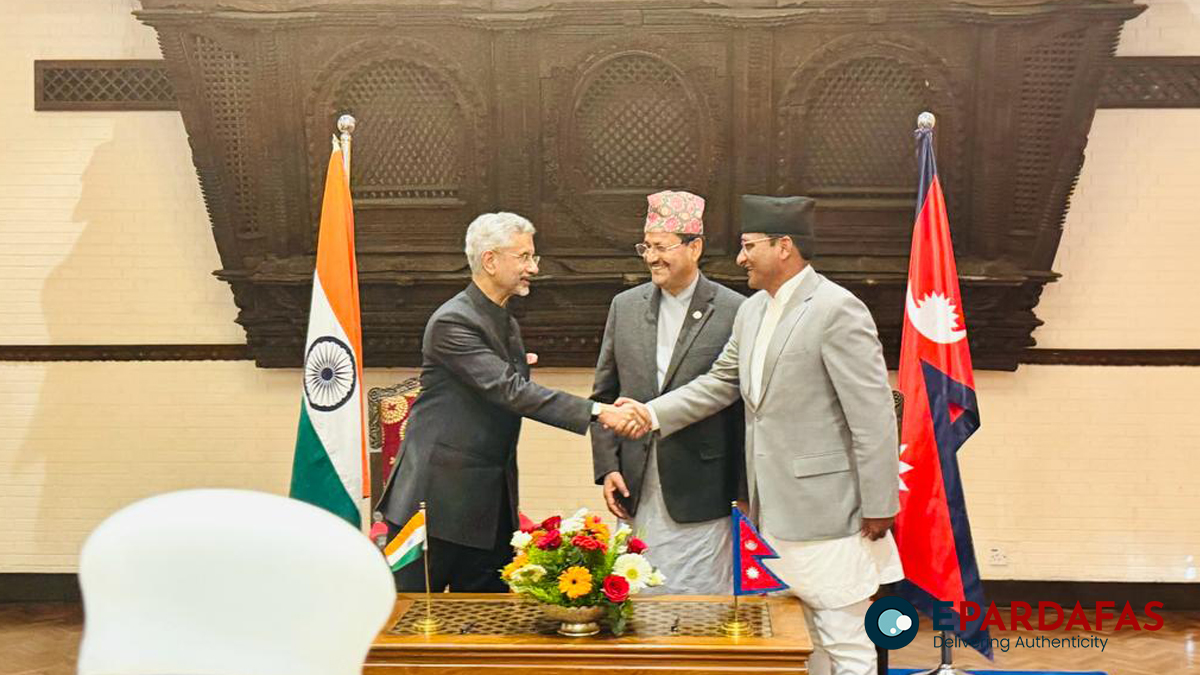


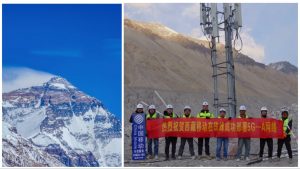
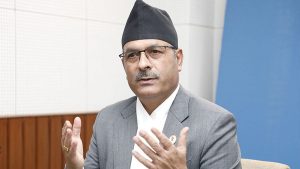

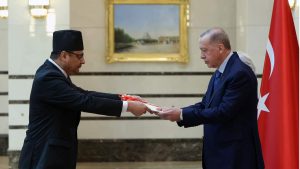

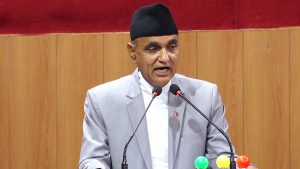

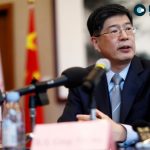




Comments